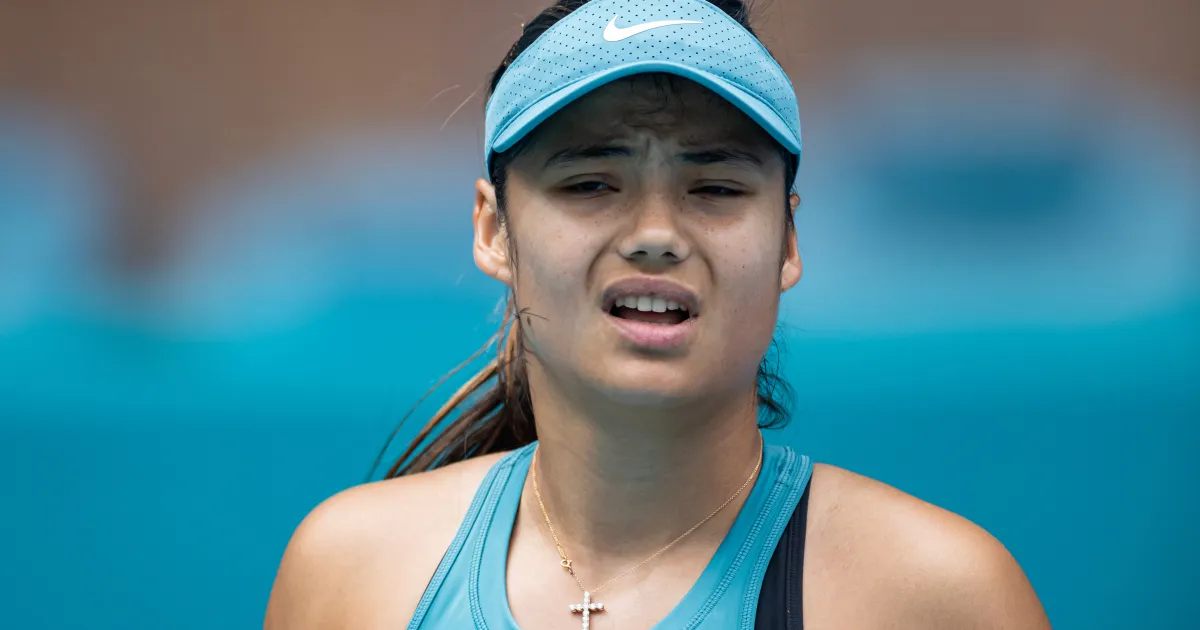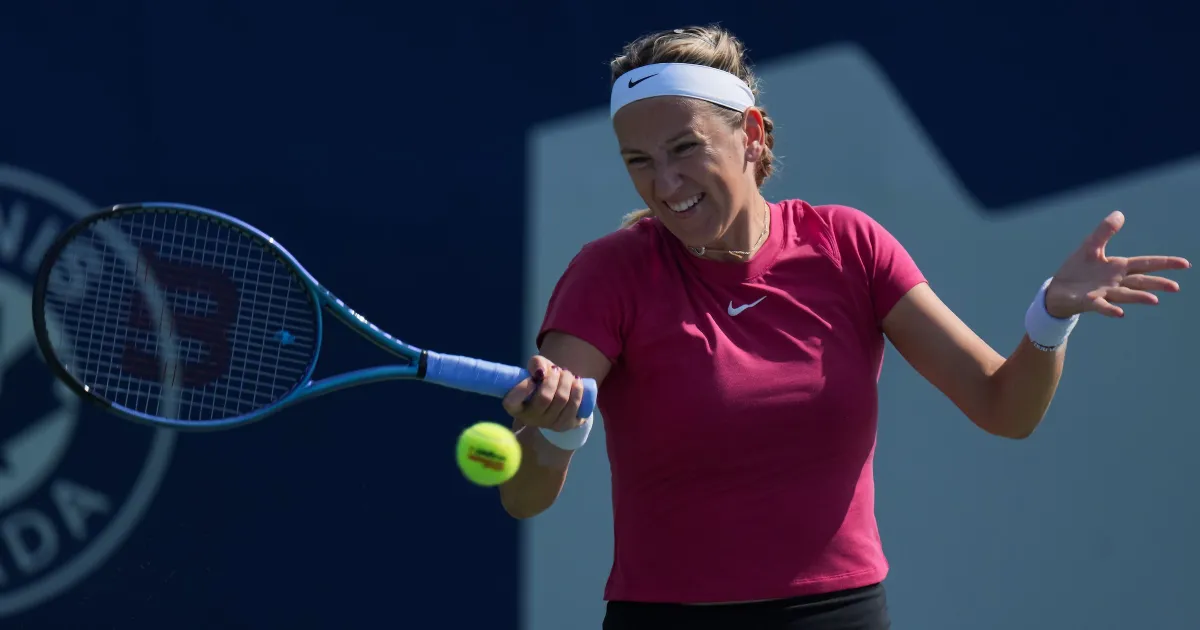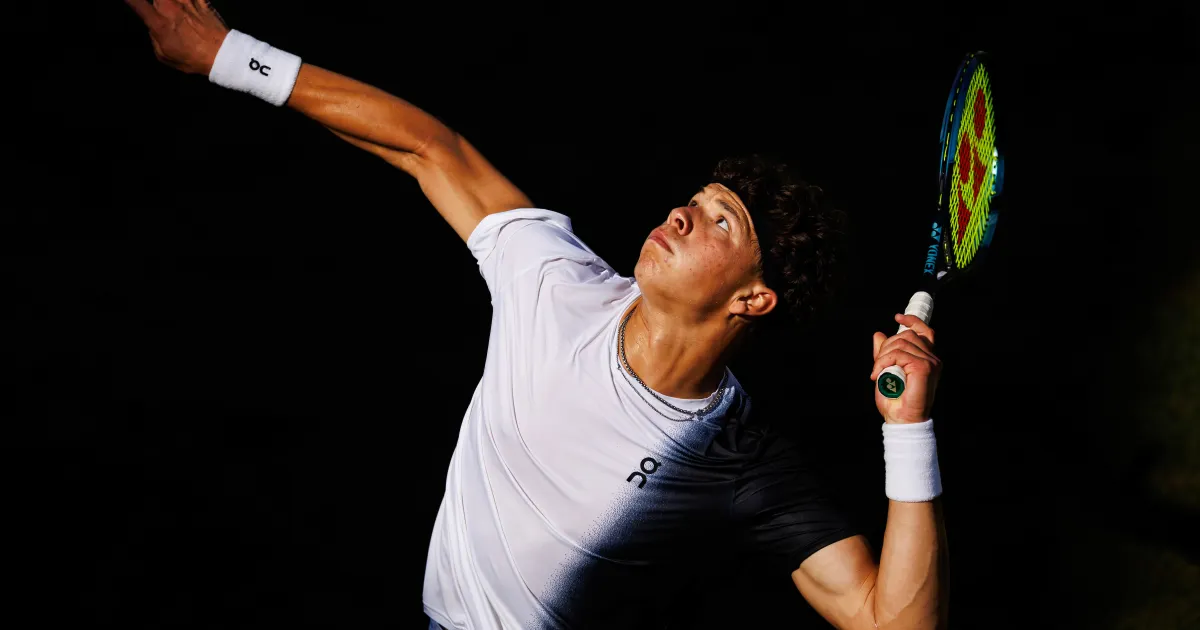Emma Raducanu is facing uncertainty regarding her coaching situation following her recent elimination from the 2025 Wimbledon Championships. Having brought Mark Petchey on board as her coach in April, their partnership was initially seen as a potential short-term arrangement. Petchey, who is well-known for his previous work with Andy Murray and as a commentator, had been guiding Raducanu through the grass-court season.
Despite mixed results during their time together, Raducanu developed a strong rapport with Petchey, appreciating both his on-court guidance and off-court support. However, with Petchey’s commitments to commentating, the future of their collaboration now hangs in the balance. After her third-round defeat to Aryna Sabalenka, where she lost in a closely contested match with scores of 6-7, 4-6, Raducanu expressed the need for a conversation about their future together.
“He has his commitments to commentating. He agreed to help me until the end of Wimbledon, and we need to discuss what comes next after some time has passed,” she commented, acknowledging her gratitude for Petchey’s willingness to assist her during the tournament.
The opportunity for Petchey to continue as Raducanu’s coach is complicated by the extensive travel required on the professional circuit, especially with major events like the US Open and various WTA tournaments approaching. While Raducanu, at just 22 years old, seems hopeful about keeping Petchey in her corner, the reality of his lifestyle choices—favoring a more stable studio work environment—brings added difficulty to the decision.
This is not Raducanu’s first experience with coaching changes. She worked closely with her childhood mentor, Nick Cavaday, until he stepped back following the Australian Open earlier this year for personal reasons. Her coaching history has been marked by frequent transitions, beginning with Andrew Richardson in 2021, when she made a historic run to the US Open title as a qualifier. After their remarkable success, Raducanu surprised many by parting ways with Richardson shortly after her triumph.
In the years following that shocking departure, Raducanu has collaborated with several coaches, including Torben Beltz, Dimitry Tursunov, Sebastian Sachs, Cavaday, Vladimir Platenik, and now Petchey. Such a high turnover rate of coaches in a relatively short professional timeline is quite extraordinary and underscores her ongoing search for the right fit.
Throughout her match against Sabalenka, Raducanu displayed her improved level of play, proving her ability to compete with the very best in women’s tennis despite the defeat. However, not all was satisfying post-match; Raducanu was visibly frustrated with the automatic line-calling technology, which she felt had made inaccurate calls during her match, including one critical point that might have changed the game’s dynamics.
As Raducanu contemplates her next steps, a clear path forward remains to be seen. The next few days will likely be pivotal in shaping her coaching future as she evaluates her options and discusses them further with Petchey. The dynamic world of professional tennis continually evolves, and Raducanu will have to navigate these changes carefully as she seeks to reclaim her spot among the elite players in the sport.



